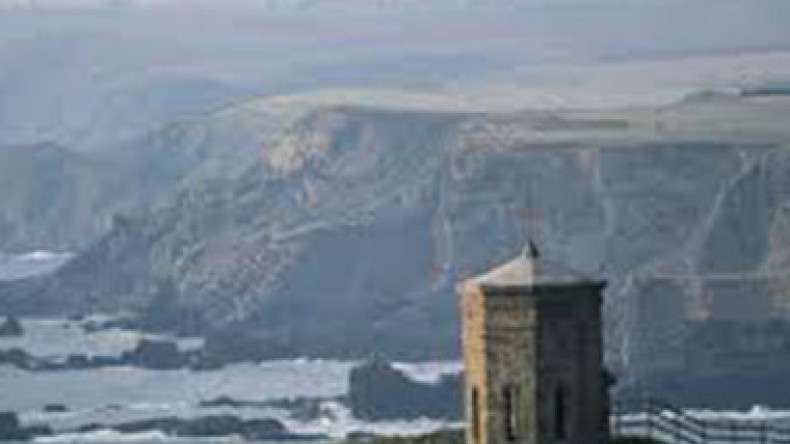
Latest NSA leaks point finger at high-tech eavesdropping hub in UK
The town of Bude in the southwest of England is best known for its long sandy beaches and picturesque bays. Nowhere on its tourist brochures is a complex of white domes and dishes at Morwenstow mentioned, CNN reported.
After the latest revelations published by the Guardian, New York Times and Der Spiegel, Morwenstow may become a little more familiar.
The site -- now officially known as GCHQ (Government Communications Headquarters) Bude -- is at the heart of a global eavesdropping network run by the U.S. National Security Agency (NSA). It has more than 20 antennae orientated toward global communications satellites over the Atlantic and Indian Oceans, Africa and the Middle East, according to declassified sources.
Based on documents provided by former NSA contractor Edward Snowden, the three newspapers reported Friday that GCHQ Bude is a critical hub in eavesdropping on the communications of government figures, and many others, in Europe and beyond.
Among some 1,000 organizations and individuals whose e-mail or phone numbers appear in the documents: the European Commission, the government of Israel, African heads of state, the United Nations Children's Fund (UNICEF) and the NGO Medecins du Monde.
None of the newspapers published any of the documents they were shown, and the volume of information collected on any particular individual or organization is unclear. The New York Times reported that, "The documents include a few fragmentary transcripts of conversations and messages."
But one of the many hundreds of phone numbers listed in the documents from 2009 was that of a senior European official, Joaquin Almunia, who is Spanish. At the time -- just as Europe's financial crisis gathered pace -- Almunia was the European Union's economic and monetary affairs commissioner. According to Der Spiegel, he had a "personal identification code in the British target database, with the code name "Broadoak."
Almunia has since become the competition commissioner, handling antitrust disputes, and has been in a long-running dispute with Google over search-engine practices.
In an apparent reference to the allegations about Almunia, the NSA said in a statement Friday: "We do not use our foreign intelligence capabilities to steal the trade secrets of foreign companies on behalf of -- or give intelligence we collect to -- U.S. companies to enhance their international competitiveness or increase their bottom line."
According to The New York Times, the French oil company Total and defense contractor Thales also are mentioned in the documents.
The NSA statement concluded: "The U.S. Government is undertaking a review of our activities around the world -- looking at, among other issues, how we coordinate with our closest allies and partners."
Newsfeed
Videos






























